Allen School researchers are at the forefront of exciting developments in AI spanning machine learning, computer vision, natural language processing, robotics and more.
We cultivate a deeper understanding of the science and potential impact of rapidly evolving technologies, such as large language models and generative AI, while developing practical tools for their ethical and responsible application in a variety of domains — from biomedical research and disaster response, to autonomous vehicles and urban planning.
Centers & Initiatives
Accessible Accordion
Areas of Expertise
Societal Impact
Results will appear in alphabetical order.

Amazon + UW Science Hub
The Science Hub supports a broad set of programs — including fellowships for doctoral students, collaboration among researchers and support for collaborative research events — designed to accelerate artificial intelligence (AI), robotics and engineering in the Seattle area.
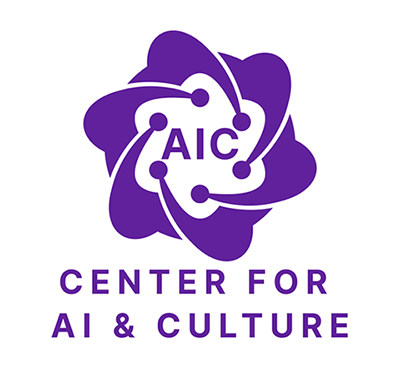
Center for AI & Culture
The Center for AI & Culture advances research to better understand and design AI systems for people with diverse cultural backgrounds.
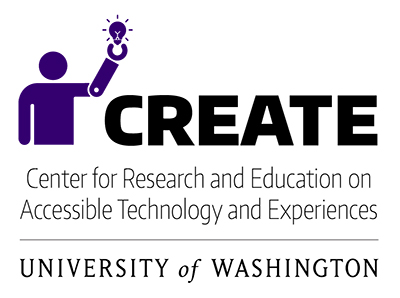
Center for Research and Education on Accessible Technology and Experiences (CREATE)
The mission of the UW Center for Research and Education on Accessible Technology and Experiences (CREATE) is to make technology accessible and the world accessible through technology. By bringing together researchers from across the campus, CREATE harnesses the diverse expertise necessary to realize a more just and equitable technological future, one that overcomes existing barriers and ensures new ones do not arise.

Change
Change is a cross-campus collaboration that explores the challenges of developing technology in the context of positive social change. It seeks to make connections between researchers, outside organizations, and the public to inspire the development of new capabilities aligned with the interests of those most in need.

Computing for the Environment (CS4Env)
Computing for the Environment (CS4Env) at the University of Washington supports novel collaborations across the broad fields of environmental sciences and computer science & engineering. The initiative engages environmental scientists and engineers, computer scientists and engineers, and data scientists in using advanced technologies, methodologies and computing resources to accelerate research that addresses pressing societal challenges related to climate change, pollution, biodiversity and more.

DUB (Design. Use. Build.)
The interdisciplinary DUB group at the University of Washington advances research, collaboration and teaching related to the interaction between design, people, and technology.

Institute for Foundations of Data Science (IFDS)
IFDS organizes its research around four core themes: complexity, robustness, closed-loop data science, and ethics and algorithms. By making concerted progress on these fundamental fronts, IFDS aims to lower several of the barriers to better understanding of data science methodology and to its improved effectiveness and wider relevance to application areas.
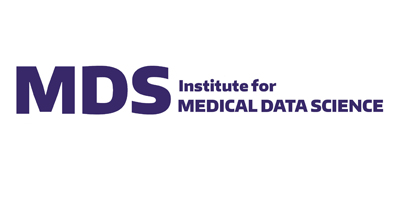
Institute for Medical Data Science (IMDS)
The Institute for Medical Data Science (IMDS) is a joint effort among the Schools of Medicine and Public Health and the College of Engineering, including the Allen School to lead the development and implementation of cutting-edge AI and data science methods in medical data science. By harnessing the power of AI across diverse health determinants, IMDS aims to improve patient health, provider satisfaction, and healthcare operations, particularly in the Pacific Northwest region.

Molecular Engineering Materials Center (UW-MEMC)
MEM-C is a NSF Materials Research Science and Engineering Center that integrates materials innovations with theory and computation to advance spin-photonic nanostructures and elastic layered quantum materials, aided by an “AI Core” that integrates artificial intelligence-driven materials discovery.
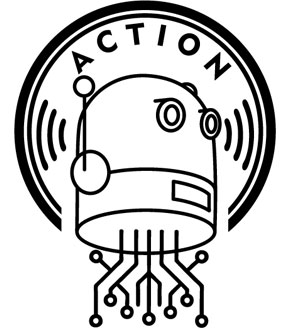
NSF AI ACTION Institute
The NSF AI Institute for Agent-based Cyber Threat Intelligence and Operation (ACTION) seeks to change the way mission-critical systems are protected against sophisticated, ever-changing security threats. In cooperation with (and learning from) security operations experts, intelligent agents will use complex knowledge representation, logic reasoning, and learning to identify flaws, detect attacks, perform attribution, and respond to breaches in a timely and scalable fashion.
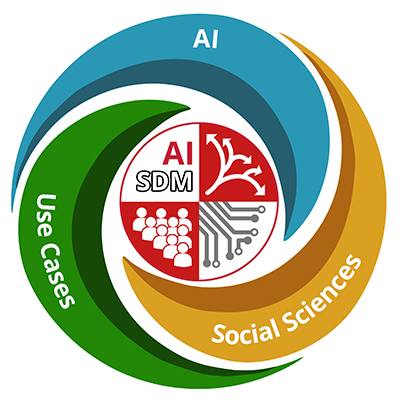
NSF AI Institute for Societal Decision Making (AI-SDM)
The AI Institute for Societal Decision Making (AI-SDM) brings together AI and social sciences researchers to develop human-centric AI for societal good that harnesses the power of data and improved understanding of human decisions to create better and more trusted choices.
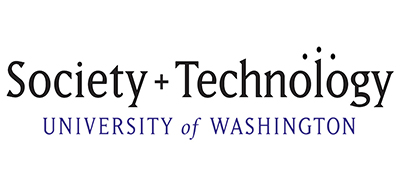
Society + Technology
Society + Technology is a cross-campus, cross-disciplinary initiative and community at the University of Washington that is dedicated to research, teaching and learning focused on the social, societal and justice dimensions of technology.
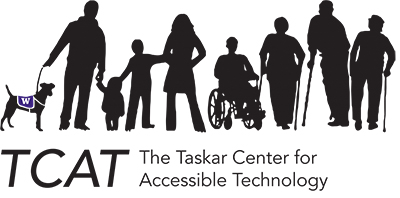
Taskar Center for Accessible Technology (TCAT)
TCAT harnesses the power of open-source technology to develop, translate, and deploy accessible technologies, and then sustain them in the hands of communities. Housed by the Paul G. Allen School for Computer Science & Engineering, TCAT centers the experience of people with disabilities as a lens for improving design & engineering, through participatory design practices, tooling and capacity building.
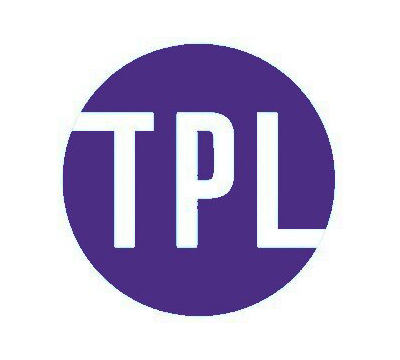
Tech Policy Lab
The Tech Policy Lab is a unique, interdisciplinary collaboration at the University of Washington that aims to enhance technology policy through research, education, and thought leadership. Founded in 2013 by faculty from the Paul G. Allen School of Computer Science & Engineering, Information School, and School of Law, the Lab aims to bridge the gap between technologists and policymakers and to help generate wiser, more inclusive tech policy.
Highlights
GeekWire
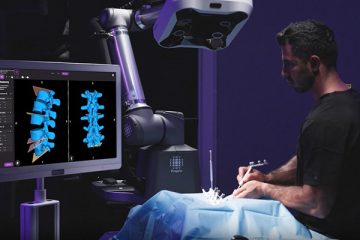
The company, co-founded by Allen School professor Joshua Smith, received its second major 510(k) clearance from the U.S. Food and Drug Administration for its Paradigm AI surgical guidance platform to include intraoperative measurements — enabling surgeons to measure success in real-time.
Allen School News

For her groundbreaking research on explainable AI for biology and medicine, Lee, who directs the UW’s AI for bioMedical Sciences Lab, was named a Fellow of the International Society for Computational Biology (ISCB).
Oregon Public Broadcasting
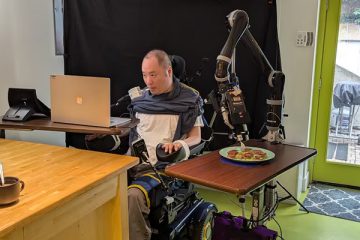
The lived experiences of people with disabilities are often ignored in the development of new technologies, but that’s not the case with the Allen School’s ADA project. Community researcher Jonathan Ko joined recent Ph.D. alum Amal Nanavati to discuss their collaboration.
